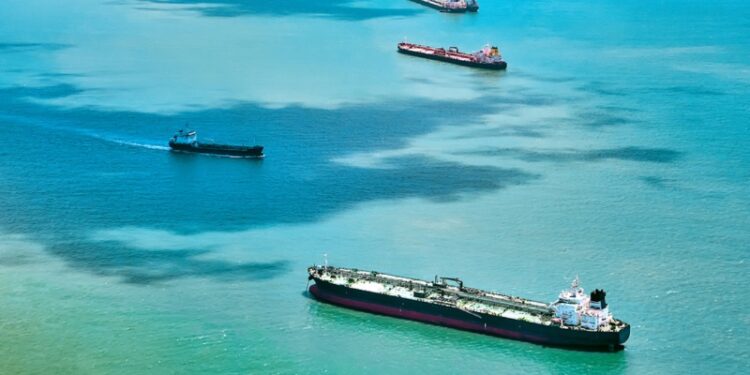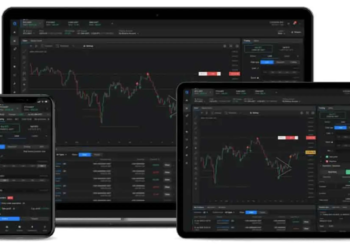Maritime transport facilitates international trade, connects nations, and supports the global economy. However, this vital transportation mode faces many challenges that demand attention and innovative solutions. From environmental concerns to security issues, this article explores the significant challenges faced by maritime transport and the efforts being made to overcome them.
Thank you for reading this post, don't forget to subscribe!Navigating the Seas of Global Commerce: Challenges of Maritime Transport
Environmental Challenges
One of the most pressing challenges confronting maritime transport is its environmental impact. Large cargo vessels, particularly those powered by heavy fuel oil, emit greenhouse gases, contributing to climate change. Additionally, maritime transport is responsible for other environmental issues such as air pollution, ballast water discharge, and oil spills. To address these concerns, the industry is increasingly adopting sustainable practices, including using cleaner fuels, developing energy-efficient technologies, and implementing international regulations to reduce emissions and promote eco-friendly operations.
Piracy and Maritime Security
Piracy remains a persistent threat to maritime transport, particularly in certain regions such as the Gulf of Aden, the Strait of Malacca, and the West African coast. Pirates often target vessels for ransom, causing disruptions to trade routes and posing risks to crew members and cargo. Maritime security measures, such as the deployment of naval forces and the establishment of secure corridors, are essential to combat piracy and ensure the safe passage of ships. Cooperation between countries and international organizations is crucial in addressing this global security concern.
Geopolitical Tensions and Trade Disputes
Geopolitical tensions and trade disputes between nations influence maritime transport. Political disagreements and changes in trade policies can lead to fluctuations in shipping routes and port operations, affecting the efficiency and predictability of global supply chains. Such uncertainties can have adverse effects on international trade and economic stability. To mitigate the impact of geopolitical tensions, fostering diplomatic dialogue and promoting open trade policies is vital to ensuring the smooth flow of maritime commerce.
Infrastructure and Port Congestion
Efficient port infrastructure is crucial for the smooth functioning of maritime transport. However, many ports worldwide need help with capacity constraints and outdated facilities, leading to congestion and delays. There needs to be more investments in port expansion and modernization to ensure efficient cargo handling, resulting in increased costs and logistical bottlenecks. Governments and stakeholders must invest in upgrading port facilities and optimizing operations to enhance the efficiency of maritime transport.
Technological Advancements and Automation
While technological advancements can improve the maritime industry, they also present challenges. Adopting automation, artificial intelligence, and autonomous vessels can enhance efficiency and safety but may raise concerns about job displacement and workforce readiness. Striking a balance between technological innovation and the preservation of maritime jobs is essential for the industry’s sustainable development.
Navigating Regulatory Compliance
Maritime transport operates within a complex web of international regulations, including safety standards, environmental protocols, and customs requirements. Compliance with these regulations can be burdensome for shipping companies, especially smaller operators. Streamlining regulatory processes and ensuring better coordination among international bodies can simplify compliance procedures and promote a level playing field for all stakeholders.
Crew Welfare and Humanitarian Concerns
The well-being of seafarers is a significant concern in the maritime industry. Crew members often face challenging working conditions, long periods away from their families, and inadequate access to medical care and support services. Addressing crew welfare issues is crucial for retaining skilled personnel and ensuring vessels’ safe and efficient operation. International organizations and shipping companies are working together to improve crew welfare and promote humanitarian practices within the industry.
Maritime transport is a vital pillar of international trade, providing the means to transport goods across the world’s oceans. However, the industry faces many challenges, ranging from environmental impacts to security threats and geopolitical tensions. To navigate these challenges successfully, the maritime sector must embrace sustainable practices, invest in modern infrastructure, and promote international cooperation. By addressing these challenges, maritime transport can continue to play a pivotal role in fostering global commerce and connectivity, contributing to the growth and prosperity of nations worldwide.











